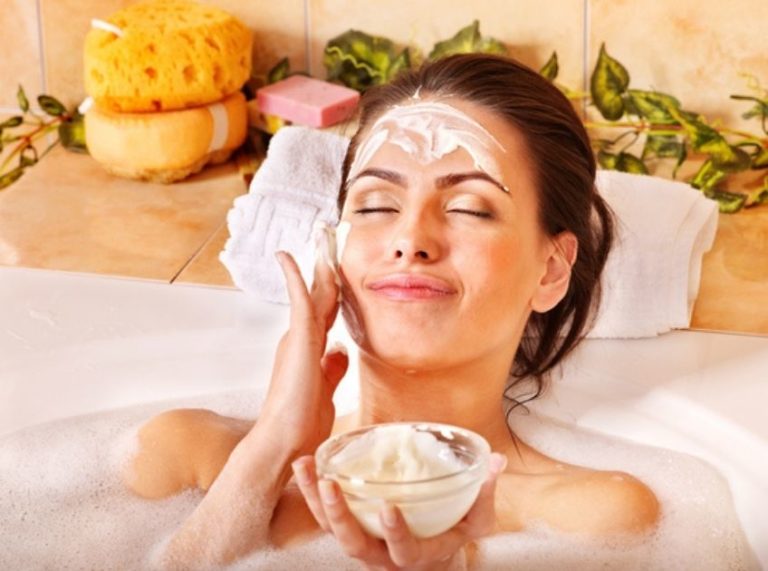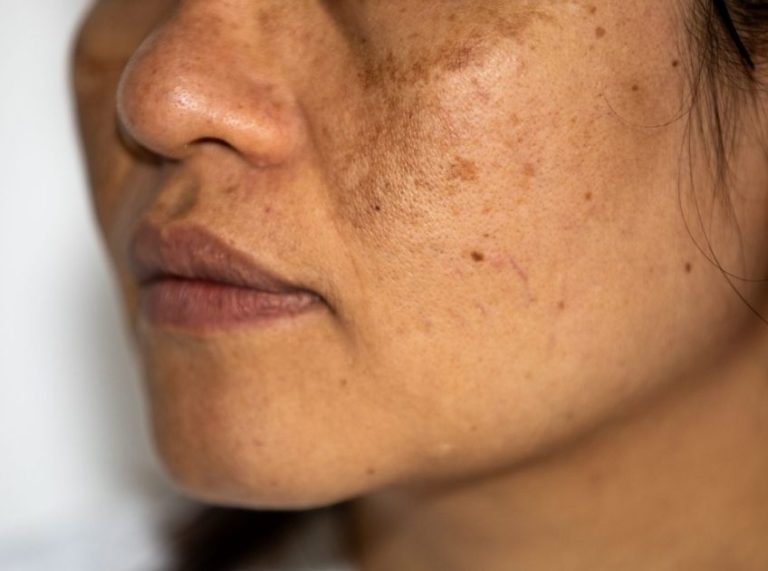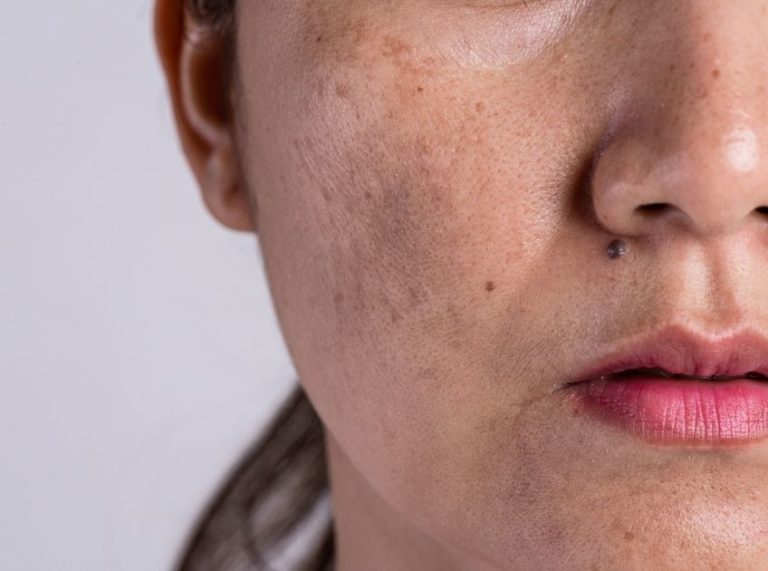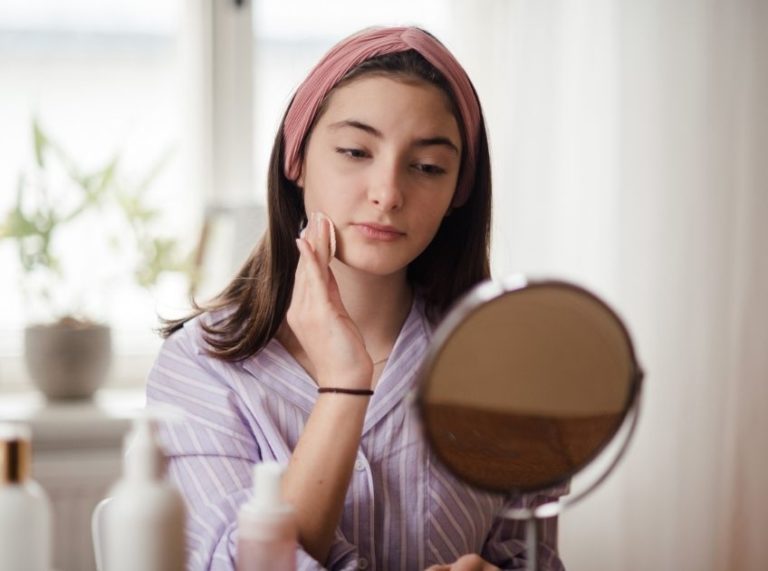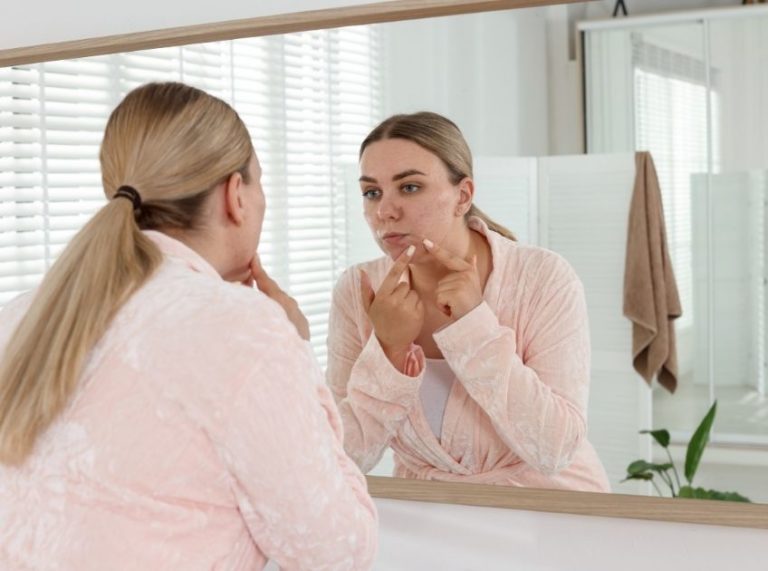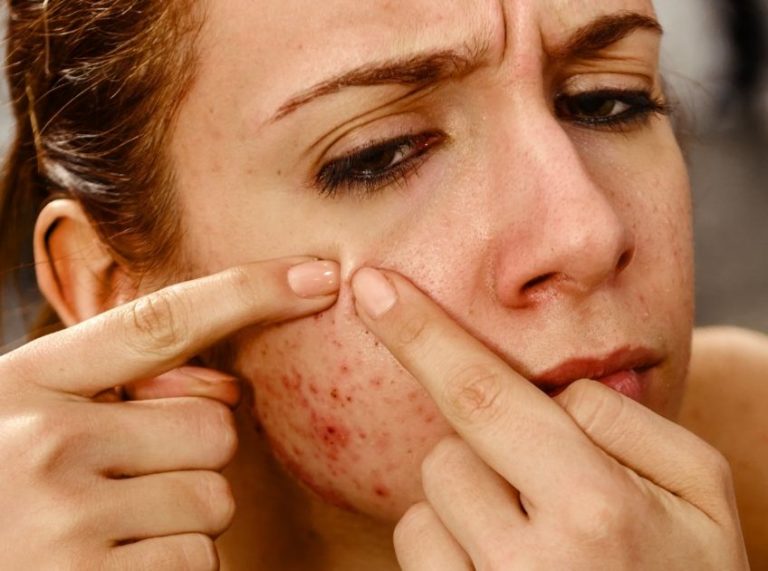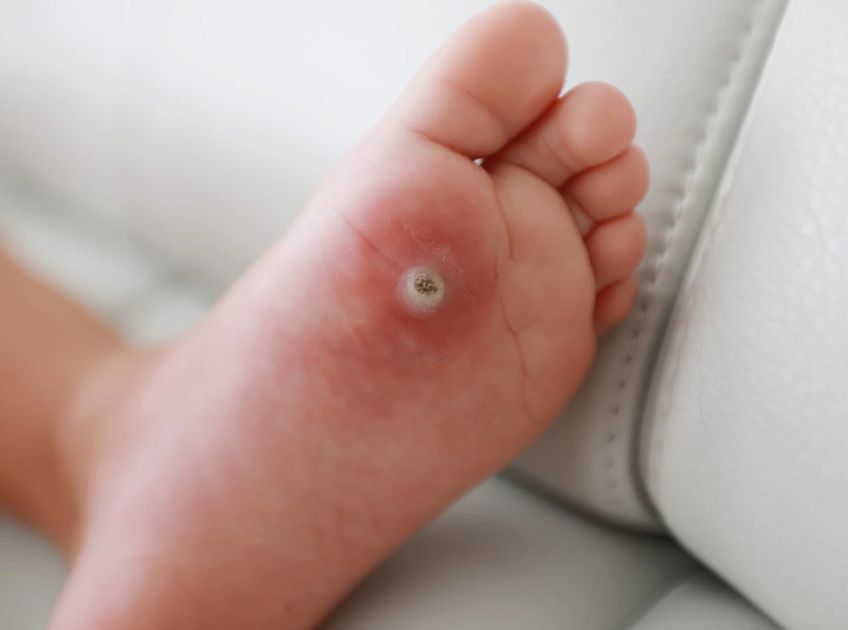
Important: This article is for informational purposes only. Please read our full disclaimer for more details.
Warts are small, rough skin growths caused by the human papillomavirus (HPV). They are common, harmless in most cases, but often stubborn and unsightly. While over-the-counter treatments such as salicylic acid and cryotherapy are popular, some people turn to natural approaches. Essential oils, with their antiviral and skin-healing properties, have gained attention as possible complementary remedies for managing warts.
Here are six essential oils that can help manage warts, along with guidance on safe use and insights from scientific research on their effectiveness
6 Essential Oils That May Work Against Warts
1. Tea Tree Oil – A Potent Antiviral Option
Tea tree oil is one of the most widely recognized essential oils for skin infections due to its antiviral and antibacterial properties.
- How to Use
Dilute 1–2 drops of tea tree oil in a teaspoon of carrier oil such as coconut, olive, or jojoba oil. Apply directly to the wart once or twice daily. Cover with a small bandage to keep the oil in place, especially overnight. Avoid applying to surrounding healthy skin to prevent irritation. - Additional Benefits
Tea tree oil can reduce inflammation, relieve itching, and may prevent secondary bacterial infections around the wart. - Precautions
Undiluted tea tree oil can cause redness, itching, or burning. Perform a patch test on a small area of skin before full application. - Scientific Insight
A 2002 study published in the Australasian Journal of Dermatology found that tea tree oil significantly improved symptoms in patients with warts and other skin fungal infections, highlighting its antiviral and antimicrobial effectiveness (1).
2. Oregano Oil – A Strong Natural Antiviral
Oregano oil contains compounds such as carvacrol and thymol, which are recognized for their antiviral and antimicrobial activity.
- How to Use
Oregano oil is very potent and must be diluted. Mix 1 drop of oregano oil with 1 teaspoon of carrier oil and apply directly to the wart once daily. Avoid excessive use, as it may irritate the skin. - Additional Benefits
In addition to antiviral effects, oregano oil has antioxidant properties and may strengthen the skin’s natural defenses, reducing the likelihood of new wart formation. - Precautions
Oregano oil can be irritating to sensitive skin. Avoid applying it to broken or inflamed skin. - Scientific Insight
Research published in Frontiers in Microbiology confirms oregano oil’s strong antiviral and antimicrobial activity, supporting its use for viral skin infections such as warts (2).
3. Frankincense Oil – Supports Skin Healing
Frankincense oil is known for its anti-inflammatory and skin-regenerating properties, making it useful in wart care.
- How to Use
Dilute 2 drops of frankincense oil in 1 teaspoon of carrier oil. Apply to the wart twice daily. Gently massage to help absorption, and cover with a breathable bandage if desired. - Additional Benefits
Frankincense may help shrink wart tissue over time while soothing irritated skin. It can also improve overall skin tone and texture around the affected area. - Precautions
Minimal side effects are reported, but irritation can occur in very sensitive skin. - Scientific Insight
Although studies directly on warts are limited, research highlights frankincense’s anti-inflammatory and tissue-healing properties, which may support wart reduction and skin recovery (3).
4. Lemon Oil – Natural Wart-Drying Agent
Lemon oil contains citric acid and antiviral compounds that may help break down wart tissue gradually.
- How to Use
Dilute one drop of lemon essential oil in a teaspoon of carrier oil and apply to the wart at night. Cover with a small bandage to allow the oil to work overnight. - Additional Benefits
Lemon oil can also brighten surrounding skin and has antimicrobial properties that reduce the risk of secondary infections. - Precautions
Lemon oil is photosensitive, meaning it can increase skin sensitivity to sunlight. Avoid sun exposure immediately after application. - Scientific Insight
Laboratory studies have shown lemon oil possesses antiviral and antimicrobial properties, which may support its role in managing viral skin lesions like warts (4)(5).
5. Eucalyptus Oil – Antimicrobial and Soothing
Eucalyptus oil is valued for its antiviral, antimicrobial, and skin-soothing properties.
- How to Use
Dilute 2–3 drops of eucalyptus oil in a carrier oil and apply to the wart twice daily. Alternatively, add a few drops to a warm foot or hand soak to treat warts on extremities. - Additional Benefits
It helps reduce inflammation, relieves itching, and may support the body’s immune response to the virus causing the wart. - Precautions
Avoid applying eucalyptus oil on broken or highly sensitive skin. Perform a patch test before initial use. - Scientific Insight
Studies confirm eucalyptus oil’s antiviral and antimicrobial effects, demonstrating its potential in managing viral skin conditions (6).
6. Clove Oil – Antiviral and Analgesic Properties
Clove oil is rich in eugenol, a compound with antiviral, antimicrobial, and mild anesthetic properties.
- How to Use
Mix 1 drop of clove oil with a teaspoon of carrier oil and apply to the wart once daily. Cover with a bandage to maintain contact. - Additional Benefits
It can reduce discomfort, numb irritation, and fight microbial growth, supporting overall skin healing around the wart. - Precautions
Clove oil is very strong and can cause burning if over-applied. Avoid undiluted use on sensitive areas. - Scientific Insight
Eugenol, the primary component of clove oil, has demonstrated antiviral and antifungal activity in research, suggesting potential benefits for wart care (7).
Frequently Asked Questions (FAQ’S)
1. Can essential oils remove warts permanently?
A. They may help shrink or reduce warts, but results vary. Persistent warts may still require medical treatment.
2. How long does it take for essential oils to work?
A. Visible results may take several weeks of consistent use. Patience and daily application are important.
3. Do I need to dilute essential oils before applying them?
A. Yes, essential oils are concentrated and can irritate skin if applied undiluted. Always mix with a carrier oil like coconut or olive oil.
Essential oils such as tea tree, oregano, and frankincense may provide natural support in managing warts. While scientific evidence is still growing, their antiviral and skin-healing properties suggest they can be helpful as part of a holistic approach. For stubborn or painful warts, consult a healthcare professional for additional treatments.
